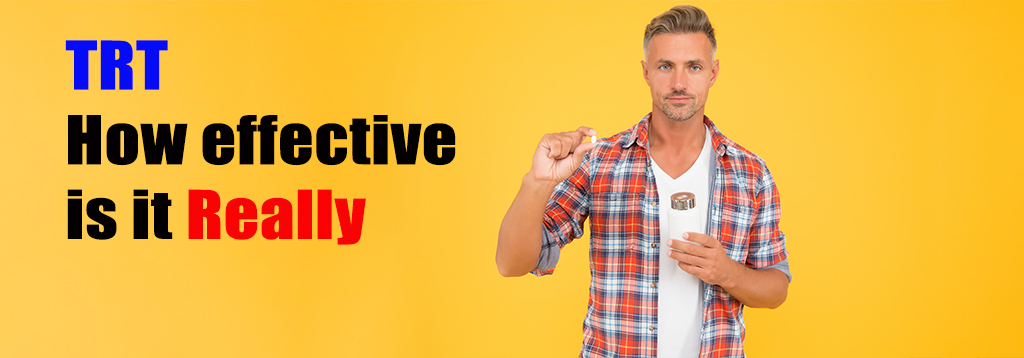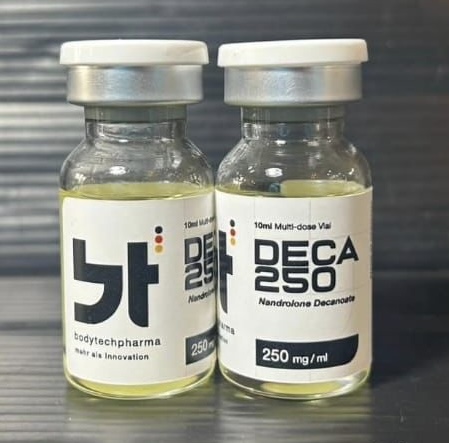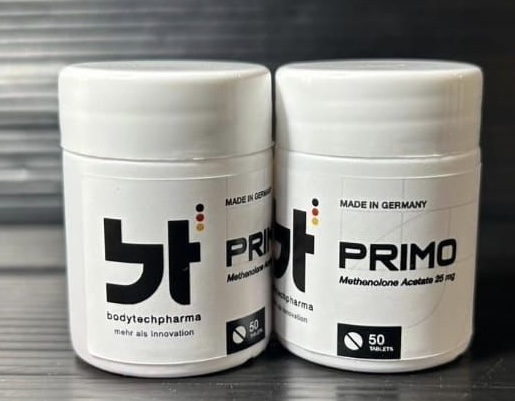
1.Intro
In the past, testosterone replacement therapy (TRT) was widely used to treat male hypogonadism (i.e., low testosterone) in older men. However, in the latter part of 2000, many physicians raised concerns that some practitioners began prescribing testosterone at a much younger age than recommended by physicians.
Given that TRT is still widely used and that performance-enhancing drugs are now readily available at any age, we'd like to know whether it's still necessary for older men to take testosterone replacement therapy (TRT).
2.Testosterone And Age-Related Illnesses
Most people have heard of testosterone replacement therapy (TRT) in the context of aging Copernicus, who had his body mass cut by 75% and started to resemble a college student.
However, TRT is widely used to treat many age-related conditions, including osteoporosis, prostate cancer, and heart disease. For several years now, a growing number of studies have shown that TRT can effectively treat various conditions where testosterone levels are low.
But what we don't know is precisely how beneficial TRT is for men's health. Many doctors would advise against it for men under 50 because they have "negative effects" on libido and erectile function (the key features of Erectile Dysfunction, also commonly known as ED). However, many other factors could be contributing to this adverse effect: testosterone replacement therapy could create some side effects like depression and anxiety and that negative effect on libido and erectile function. In addition, some studies have found that TRT leads to more aggressive behavior in mice. That's not good news for a man who wants to keep his testosterone levels up throughout his life — significantly since suppressing your testosterone doesn't help with aging or diseases like cancer or heart disease.
3.Testosterone And Physical Health
In a work environment, the most important things are perceived as most important. If your boss thinks that you're too old to do specific jobs, and if your colleagues feel that you're too young to do them, then you won't get hired. In fact, by their very definition, "old" and "young" are relative terms — if we judge everyone based on their looks rather than their actual age, then we are doing ourselves a disservice.
Testosterone has many applications in our lives: as an anabolic steroid for sports performance, as a hormone for sexual reproduction, and as an anti-inflammatory agent for skin health, hair growth, and strength. When testosterone is elevated due to illness or injury, it can be helpful to bring it under control through replacement therapy with drugs that lower its levels in the body. Tapering off testosterone therapy sometimes leads to low libido (low sex drive) and can make the patient feel better about himself without addressing his underlying condition.
4.Testosterone And Mental Health
Testosterone replacement therapy (TRT) uses testosterone, a hormone naturally occurring in men and women, to treat low testosterone levels. Research shows that testosterone replacement therapy can help men live longer lives, but there's some controversy about whether it is needed after age 40.
Let's be clear: TRT is not the same as hormone replacement therapy (HRT). HRT is when a woman uses estrogen or progesterone to treat her low estrogen levels. HRT does not involve testosterone.
However, TRT does involve testosterone, which has often been wrongly reported as being the same thing as estrogen, progesterone, or both. The truth is that TRT doesn't work by "replacing" hormones with different doses of natural versions of them; it works by injecting synthetic versions of all three hormones into the bloodstream. And, like HRT and any other synthetic drug, TRT will have side effects — most notably decreased libido and erectile dysfunction — that are comparable to those caused by naturally occurring estrogens or progestins.
5.Testosterone And Aging
Well known as the male hormone, testosterone is associated with libido, energy, and mental health. The hormone's function is to promote muscle mass, increase sex drive and interest in sex, and improve mood.
But there are many theories about testosterone replacement therapy and its use for men after a certain age. For example, some believe that testosterone replacement therapy can aid in treating erectile dysfunction (ED), while others think it might cause erectile dysfunction (ED).
6.The Benefits Of TRT For Men Past A Certain Age
Men, like women, are affected by the same hormones that impact their bodies at different ages. We don't think about it as much as we should, but testosterone replacement therapy (TRT) is fundamental for men past a certain age. Recent studies have shown that TRT can improve symptoms of depression in men over the age of 60. We will discuss the evidence behind this and answer some questions about the benefits of testosterone replacement therapy to men past a certain age.
7.Do I qualify for TRT?
This question is a controversial (and somewhat ill-informed) conversation that's been circulating for about a decade.
Most people think that testosterone replacement therapy - TRT - is necessary for men after a certain age, and it is. Yet, as I'll show, the truth is much more nuanced.
Testosterone replacement therapy (TRT) is a treatment option for men with low circulating testosterone levels (LTCT). If you have this condition, you can receive synthetic testosterone injections or an oral medication that mimics testosterone's effects on the body. TRT increases your circulating testosterone levels sufficiently to help you function more normally in your daily life. As a result, some men experience improvements in their muscle strength and potential to increase their performance; others do not.





